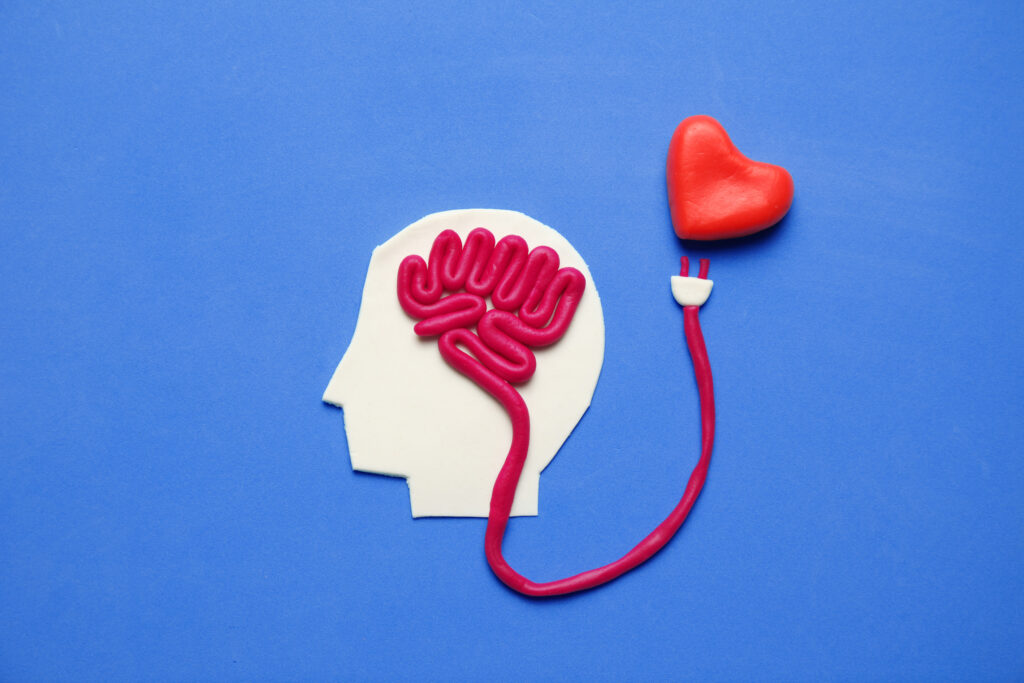10 tips to help develop your emotional intelligence

Emotional intelligence is an idea that was originally developed by two American psychologists, Peter Salovey and John Mayer, who in 1990 defined this as a learned ability to perceive, understand and express our feelings accurately and to control our emotions so that they work for us, not against us.
Our Leadership and Management Course at ISC Medical looks at emotional intelligence and the ways it can be used to understand and improve your working relationships and ways in which to nurture them. Raising your EQ will help you:
- Recognise underlying reasons for behaviour
- Provide opportunities for mutual support
- Spread a caring environment beyond your own area
- Communicate to create credibility and trust
- Foster creative partnerships
- Manage and support performance
- Cooperate to raise the game
- Adapt your approach to connect with diverse groups
Let’s take a quick look at ways to increase your emotional intelligence:
1. Learn how to respond to conflict, not react to it.
In times of conflict and stressful situations, which are common in the workplace, emotional outbursts and expressing anger happen regularly. Emotional intelligence can be used in these situations to remain calm and focus on resolution, which should always be the goal when conflict arises. Learning how your actions and words can help achieve resolution is vital to success.
2. Harness your active listening skills.
When in conversation, emotional intelligence is used through active listening. Ensuring clarity before responding and showing respect for others, by waiting for your turn to speak, and understanding what is being said. Paying attention to body language is equally as important when active listening. Responding to nonverbal ques prevents misinterpretation and the ability to respond appropriately to others, which also forms a part of responding to conflict; and not reacting to it.
3. Use an assertive communication style.
An assertive communication style is about learning to not be too aggressive or too passive, about striking a middle balance between the two in order to earn respect from your colleagues. Emotional intelligence comes into play when you need to communicate your opinions directly and honestly whilst still respecting others.
4. Self-awareness is key.
Self-awareness is a key attribute of high emotional intelligence. Being self-aware and intuitive will help you understand your own actions and behaviours and their effect on others. You will also enhance your communication skills through paying attention to your colleagues’ emotions, body language and behaviours. You can use emotional intelligence to adapt your approach, when needed, and gain the ability to connect with diverse groups of people in wide ranging scenarios.
5. Positive attitude, positive outcomes.
Emotional intelligent people know how their attitude can affect others negatively and know that a positive attitude helps towards producing positive outcomes. They are aware of others behaviours and their moods and have the ability to respond accordingly, with a focus on supporting others and always have the best interest of the team. Ensuring an optimistic outlook helps everyone work towards common goals.
6. Be approachable and sociable.
Approachability, relatability and sociability are key features of highly EQ people. Being sociable and having the ability to maintain a positive presence in the workplace will provide opportunities for mutual support. Emotional intelligence is entwined with high level of social based skills and understanding other people, having good interpersonal skills and able to communicate clearly through emotion, tone of voice and body language.
7. Get motivated!
Being a motived person helps foster partnerships in the workplace and boost team moral. In the context of emotional intelligence, this is using your self-motivation selflessly to set goals and provide resilience for your team when challenges arise. Your attitude should motivate others and thus creating a caring and supportive environment.
8. Show empathy towards others.
Empathy is an emotional strength, not a weakness, and highly EQ people know this. Knowing how to empathise with your colleagues helps you to relate with them and build connections, allowing space for mutual respect and understanding to foster, even between people with different beliefs and opinions. Having this trait will even spread a caring environment beyond your own field/area of speciality.
9. Learn how to take criticism in your stride.
Learning to take criticism constructively will help increase your emotional intelligence drastically. Through having the ability to effectively deal with critique and constructively resolving issues raised, you will avoid getting defensive or offended, and thus avoiding conflicts. Taking time to understand critique, how it’s affecting other and your own performance and learning to resolve it will help gain respect from your teams and peers alike.
10. Put those leadership skills into action.
If you have excellent leadership skills, you more than likely have high emotional intelligence. You have high standards and are able to set the precedent for others to follow. You can inspire a team through your initiative and problem-solving skills. Having emotional intelligence in this area will help you gain credibility and trust, through communication and cooperation you can constantly raise the standard for yourself and your team.

Emotional intelligence is much a part of understanding human psychology and whilst it may come more naturally to empathetic people, it is something everyone can learn, develop and harness.
Our Leadership and Management course looks in depth at emotional intelligence, how to accurately recognise emotions in others and how to regulate moods and emotions in oneself.
If you would like to learn more about emotional intelligence, then take a look at our product page and book now: ISC Medical’s Leadership and Management Course



